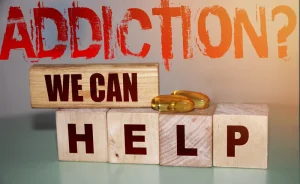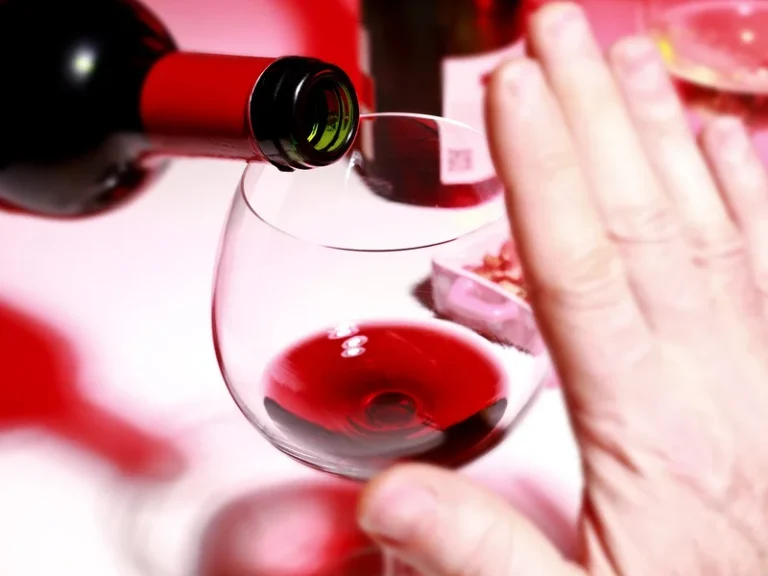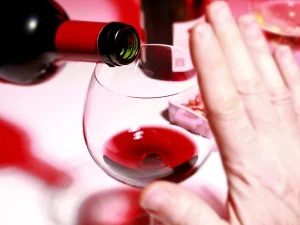
Because this stage severely hinders your physical and mental functioning, it can lead to falls, drownings, and other accidents.
Stage 6: Death
In extreme cases, serious breathing issues can occur.8 Other dangers include a higher risk for injury from fights or accidents. The appearance of external hyperlinks does not constitute endorsement by the Defense Department (DOD) of the linked web sites, or the information, products or services contained therein. Own Your Limits is a Defense alcohol rehab Department (DOD) education campaign, aligned to the Defense Health Agency, for the U.S. military. The mission of the campaign is to help Service members learn to drink responsibly, if they choose to drink alcohol.

Understand the Risks and Get Help
They offer inpatient, partial inpatient and outpatient treatment options. At this stage, your breathing and heart rate will slow to a life-threatening degree. Conversely, the researchers also found that Survivin inhibition in preneoplastic lesions, using Survivin inhibitors, prevented their conversion into invasive tumors. They were thus able to identify several genes that were upregulated (overexpressed) in the activated stem cells, and this is what put them on the track to finding Survivin, also known as BIRC5. “Survivin was the one gene that really attracted our attention,” says Sánchez-Danés. Some people may think they in which stage of intoxication does an individual become aggressive or withdrawn and sleepy can hold their liquor, but science proves otherwise.

What it feels like

It’s important to know the seven stages of intoxication to understand the seriousness of heavy alcohol use and the devastating consequences that may result. A person with a BAC between 0.18% to 0.30% is in the confusion stage of intoxication. This stage is marked by disorientation, confusion, and extreme moodiness, along with the impairments of previous stages.
When you drink alcohol, the drug enters your bloodstream and makes you feel intoxicated. If doctors, police officers, or other professionals need to determine how intoxicated you are, they will measure your blood alcohol concentration (BAC). If you suspect that you or someone you care about may be struggling with alcoholism, it may be time to seek professional help. No matter how serious the problem seems, recovery is possible. American Addiction Centers (AAC) operates a 24/7 addiction helpline. Our compassionate staff can help answer questions about alcohol misuse, help you find suitable treatment centers, and help to verify your insurance coverage.
- People with a BAC of 0.45 or higher are at serious risk of death due to respiratory depression and loss of other vital bodily functions.
- “That’s why it’s so important to understand the different stages and steps that lead to the formation, as well as to the progression of this disease,” adds the researcher.
- If you find yourself stuck in a pattern of binge drinking or recreational drug abuse, the earlier you seek effective treatment for recovery, the better.
- Significant impairments to balance and reflexes may also occur.
thought on “Stages of Drunkenness”
- Slurred speech, blank memory, motor functions, perception, judgment, and vision are all being affected.
- At Purpose Healing Center, we can help you achieve a safe withdrawal and long-lasting sobriety.
- The first stage of being drunk, known as subclinical intoxication, or being sober, occurs when the individual has consumed a small amount of alcohol and does not appear intoxicated.
- Inhibiting Survivin or SGK1 in preneoplastic lesions prevented their progression to invasive tumors, suggesting potential therapeutic strategies.
Drinking heavily for a prolonged period can lead to tolerance–needing to consume more alcohol to get the same effects. People who develop tolerance are more likely to develop alcohol addiction and may be at increased risk of experiencing the late stages of alcohol intoxication. In terms of amount, it doesn’t take much to begin feeling the effects of intoxication. Our body breaks ethanol down at a rate of around 15 mg/dL per hour. Our bodies can metabolize roughly one (1) https://ecosoberhouse.com/article/5-signs-that-your-wine-habit-is-becoming-a-real-addiction/ drink per hour on average while maintaining low levels of intoxication, to put things simply. If you’re drinking too much or have reached the later stages of intoxication, you should get help as soon as possible.

However, if you and your staff are trained to know the signs of a binge drinker, you can put a stop to the practice before things get out of hand. Behavioral Signs When a person reaches this stage, they are already at twice the legal driving limit. Their emotions are heightened, which could lead to unpredictable, aggressive or violent behavior.
What are the 7 Stages of Intoxication?
- Unless their tolerance level is extremely high, someone at this stage will lose all motor control and the ability to react to stimuli.
- “Heavy drinking” refers to binge drinking five or more days within the past month.
- BAC and blood sugar levels can both be checked with a simple blood or urine test.
- By the time the blood alcohol content level reaches this range, an individual is what would be plainly called “drunk”.
They might just pass out at this point, and they must be cared for because it is also possible that their gag reflex will be affected. Choking on one’s vomit would be disastrous and may even be fatal, so we have to monitor people reaching this stage closely. If uncertain about whether a person’s alcohol consumption is an emergency, err on the side of caution. It is impossible to judge how drunk a person will be or feel based on alcohol consumption alone. Alcohol tolerance can affect the extent to which a person feels intoxicated. People who frequently drink may feel less drunk than those who do not.
That’s why if any of your loved ones have this problem, you can check out Our Arizona Drug and Alcohol Rehab Centers for substance and alcohol abuse rehabilitation programs. When someone has had quite a few drinks, the symptoms of the excitement stage become intensified. People may have exaggerated emotional episodes, and their balance may be all but gone. They may have feelings of numbness and become unaware of their surroundings. Although different resources will vary, most will tell us that there are six to seven stages of intoxication experienced by most people.
